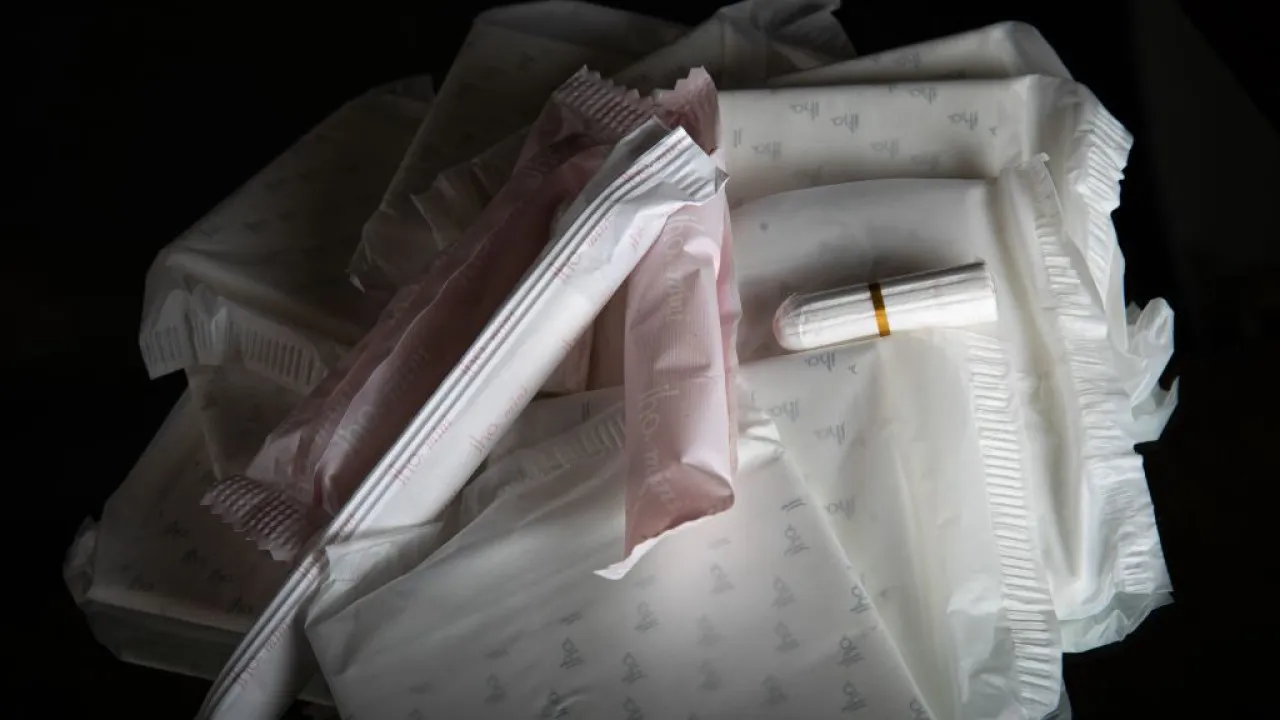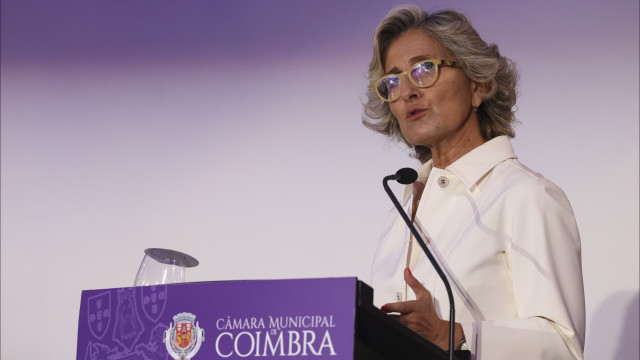
The Médio Tejo Local Health Unit (ULS), responsible for providing primary and hospital healthcare to approximately 170,000 people, has announced a measure aimed at “promoting health equity and combating menstrual poverty,” ensuring “all women, especially the most vulnerable,” have access to basic comfort and hygiene conditions.
The ULS highlights that “menstrual poverty is a seldom-debated reality, with thousands of young women and women in Portugal missing school, work, canceling activities, and even avoiding seeking medical help due to lack of access to adequate menstrual products.”
The “provision, at no cost, in health centers” is thus “a simple yet powerful gesture in promoting dignity, women’s health, and inclusion” within the National Health Service (SNS), the ULS Médio Tejo states.
Part of the national “Menstrual Dignity” project promoted by the Directorate-General for Health (DGS), users can now request free menstrual products directly at the family health units (USF) or personalized care units (UCSP) of ULS Médio Tejo.
Initially, a nursing consultation is scheduled, where additional health needs are identified, such as vaccination, family planning, or screenings.
The products are then delivered according to the user’s preference for one month’s use and can be provided for up to three months in cases of greater vulnerability.
The process is monitored and recorded by nursing teams, who oversee the stock levels and adherence to the program.
The initiative, now implemented in all primary healthcare units of Médio Tejo, includes the free delivery of sanitary pads, tampons, and menstrual cups “to all users who request them, regardless of age or socioeconomic group,” with special attention to users in situations of social or geographical vulnerability.
According to the Nursing Director of ULS Médio Tejo, this project is a “tangible opportunity to care for people in an integral and humanized manner,” promoting “menstrual health literacy, combating related stigma, and bringing the community closer to SNS services.”
Piedade Pinto stated, “Menstruation cannot continue to be a factor of exclusion, shame, or inequality. Discussing menstruation in healthcare is about equity, public health, and dignity. By providing free menstrual products in primary health care, we ensure that no one is left behind for economic, social, or cultural reasons.”
The ULS Médio Tejo serves approximately 169,270 users across the municipalities of Abrantes, Alcanena, Constância, Entroncamento, Ferreira do Zêzere, Mação, Sardoal, Tomar, Torres Novas, Vila Nova da Barquinha, and Vila de Rei, within the districts of Santarém and Castelo Branco.
The structure includes three hospitals: Abrantes, Tomar, and Torres Novas, each about 30 kilometers apart.




